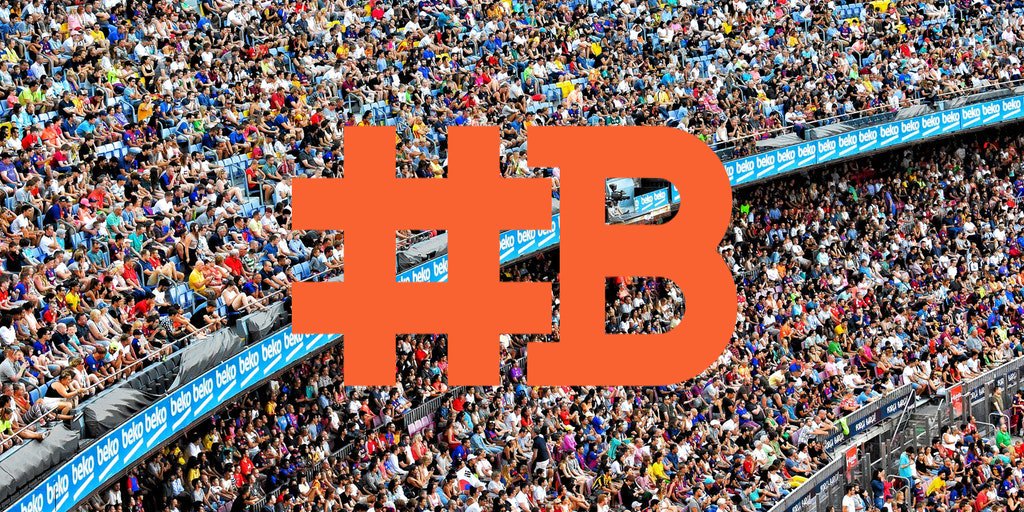I teach classes on terrorism, and here's a thread why it's unclear (based on what we know now) and why the classification matters.
1/x
Criminal violence is personal, motivated by profit, revenge, enjoyment, etc. The motives of gangsters, conventional murderers, serial killers.
Terrorists, by contrast, believe themselves to be altruists, aiming to improve society or defend their people
2/x
He was trying to send a message.
3/x
This political/not political distinction matters because it helps us understand what happened and develop strategies to prevent it.
4/x
5/x
We've seen them jump to that conclusion with nonwhite killers (especially Muslims), and they likely would've done so here.
6/x
As @peterwsinger has pointed out, more Americans were killed in the last decade by white nationalist terrorism than Islamic terrorism.
Past time we took it seriously as a national security problem.
7/x
But both threaten Americans, and both deserve counterterrorism attention.
8/x
Perhaps he was part of the white nationalist movement.
But we do not have sufficient evidence yet to reach that conclusion.
9/x
Even (especially) if the person misusing the word is the president of the United States.
(END)
That indicates it's probably not terrorism. If he was trying to make a political point, he'd do it there.
u1/x
San Bernardino attackers pledged allegiance to ISIS on Facebook.
Bin Laden formally declared war.
McVeigh wrote letters.
Because their attack is political, terrorists want people to know why.
u2/x
When it comes to political views, we know little. Reports say he wrote a blog post in 2012 opposing gay marriage and abortion. That tells us nothing about why he sent the bombs.
u3/x
The distinction matters because strategies to stop them are different. Politics plays a role in terrorism, which means it is, in part, a political/national security problem.
u4/x
And that's a problem.
But the solution isn't incorrectly labeling him a terrorist because he's not Muslim
(END UPDATE)






